Hydraulic Unit ــــ ⏱ 3 min read
Hydraulic Power Unit (HPU)
The Hydraulic Power Unit (HPU) or Hydraulic Power Pack is the heart of hydraulic systems, converting mechanical energy into hydraulic energy. The HPU supplies the power needed to operate hydraulic cylinders, motors, and other hydraulic equipment. Hydraulic power units play a vital role in various industries due to their ability to deliver high power and operate under harsh conditions.
Examples of Hydraulic Power Unit Design and Manufacturing

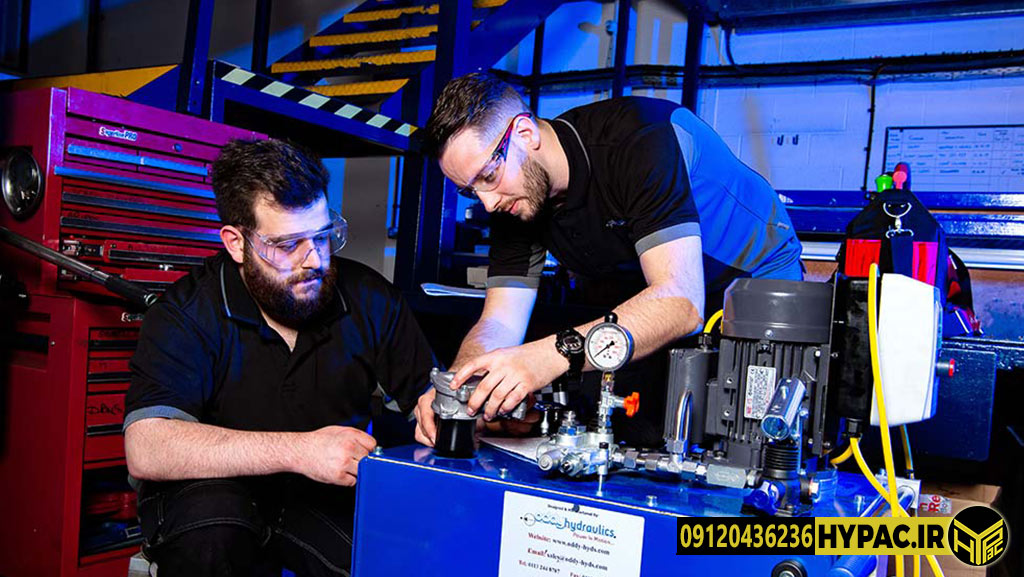
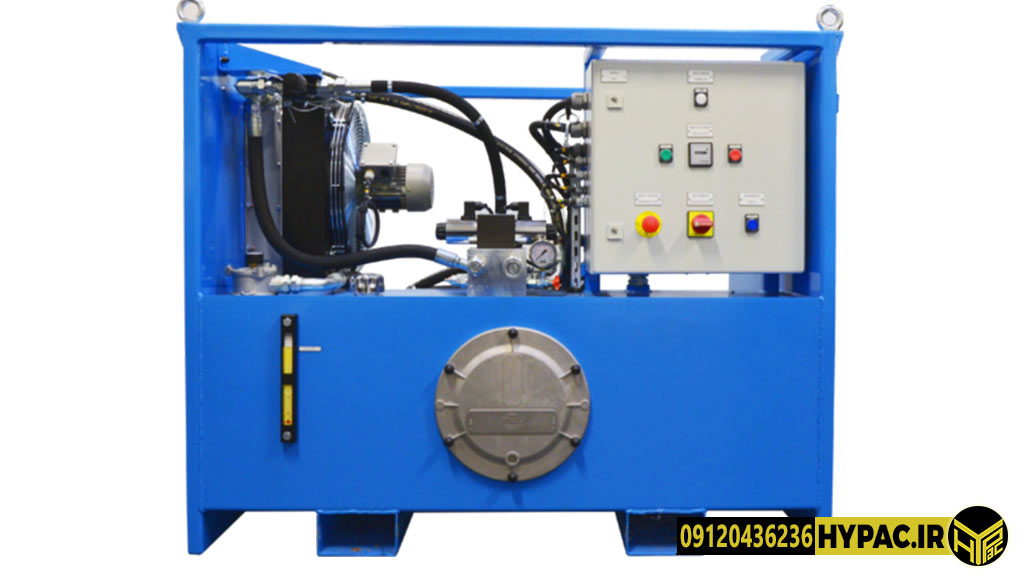
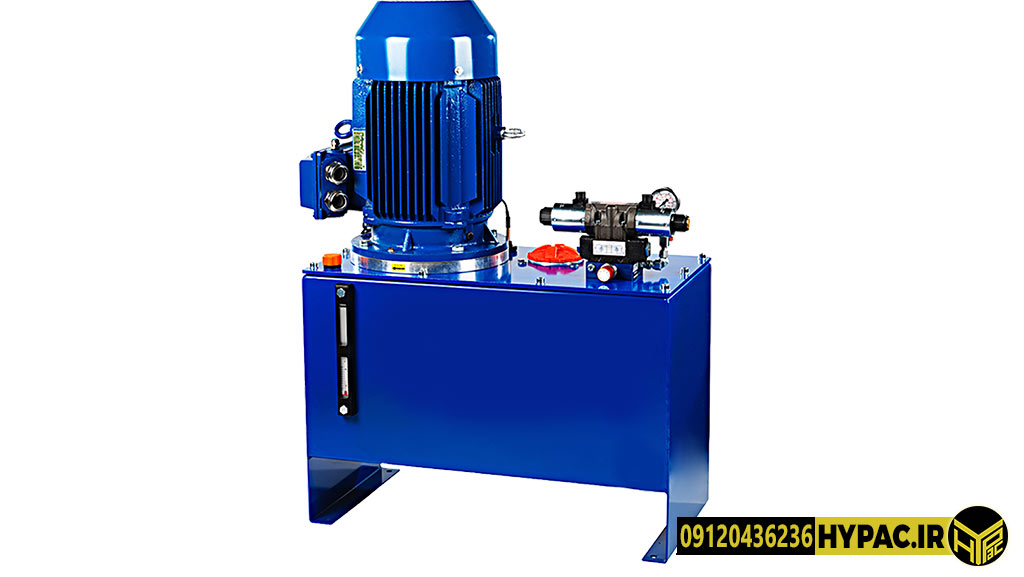
Main Components of a Hydraulic Power Unit
- Hydraulic Pump:
- Responsible for creating a flow of pressurized fluid (usually oil).
- Types of pumps: Gear pump, piston pump, vane pump.
- Electric or Diesel Motor:
- Provides the driving force for the pump.
- Control Valves:
- Regulate pressure, direction, and flow of the fluid (e.g., pressure relief valves, directional control valves).
- Oil Reservoir:
- Stores and cools the hydraulic fluid.

- Actuators:
- Convert hydraulic energy into mechanical motion (e.g., hydraulic cylinders or motors).
- Filters:
- Remove impurities from the oil to prevent system damage.
- Cooler/Heater:
- Maintains the oil temperature within the optimal range.
How It Works
- The hydraulic motor drives the pump.
- The pump draws oil from the reservoir and injects it into the system under pressure.
- Control valves direct the pressure and flow of oil to the actuators (e.g., cylinders).
- The actuators convert hydraulic energy into mechanical motion or force.
- The oil returns to the reservoir after performing its work, and the cycle repeats.

Applications
- Heavy Machinery: Cranes, excavators, loaders.
- Manufacturing Industry: Hydraulic presses, plastic injection machines.
- Power Transmission Systems: Hydraulic braking systems in vehicles and trains.
- Aircraft: Steering and flight control systems.
- Agriculture: Tractors and combine harvesters.
dvantages
- High power output in a compact size (high energy density).
- Precise control of speed and force.
- Ability to transmit power over long distances.
- Resistance to sudden loads and shocks.
Disadvantages
- Requires regular maintenance (oil changes, filter replacements, leak checks).
- Risk of oil leaks and environmental contamination.
- Sensitivity to high or low temperatures.

Maintenance Tips
- Regularly check the oil level.
- Replace filters according to the schedule.
- Ensure the use of high-quality hydraulic oil (e.g., ISO VG 46).
- Inspect for potential leaks in connections and hoses.
- Monitor system temperature to prevent overheating.
If you need to design or troubleshoot a hydraulic power unit, it is advisable to consult with a hydraulic expert at Hypac to ensure the system operates optimally and safely.

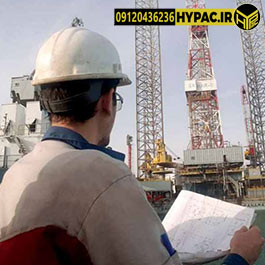
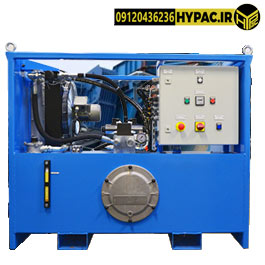
افزودن دیدگاه